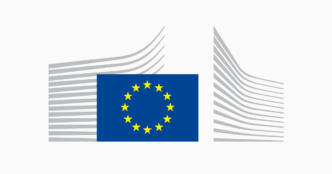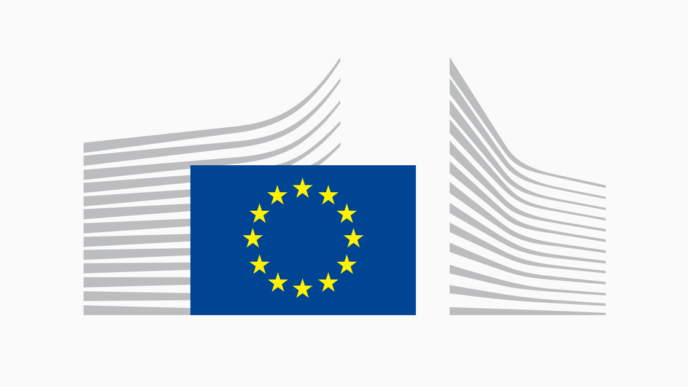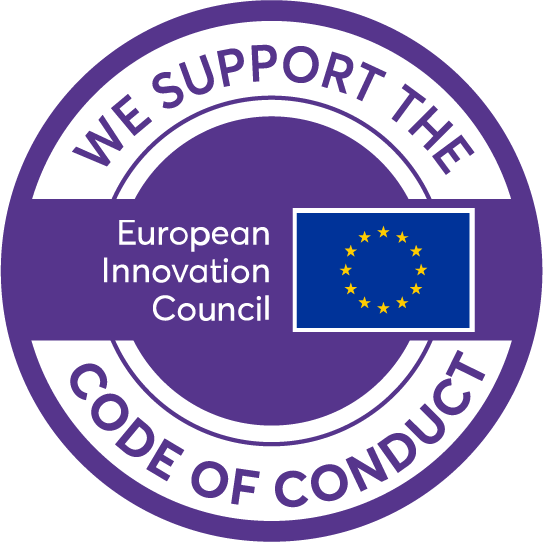The public discourse around migration is often driven by simplified and biased narratives.
Drawing on expertise of the Joint Research Centre (JRC), Horizon 2020 projects, the European Policy Centre and the European University Institute, a new JRC report on navigating migration narratives provides communication professionals with evidence-based recommendations, insights and tools to navigate the complex and often polarised discourse on migration.
The report serves as a call to action for policymakers and communicators to work together to promote a more informed and balanced public debate on migration.
The experts emphasise the need for better public communication on migration. This approach should involve providing clear, factual and transparent information about EU migration trends and dynamics, explaining complex concepts, asylum processes and terminology and clearly outlining the roles and responsibilities of EU institutions and Member States.
The report also highlights the importance of having open and honest conversations about both the challenges and opportunities linked to migration, acknowledging and addressing citizens’ legitimate concerns, for instance linked to job competition and distribution of national resources. The recommendations emphasise the need for balanced messages that take account of the diversity of public opinions and concerns and point to frequent citizen dialogues to better understand citizens’ concerns.
The report and its five case studies provide a valuable resource for promoting a more informed and balanced public debate on migration. Specifically, it offers a comprehensive analysis of migration narratives and their impact on public opinion, as well as evidence-based recommendations for improving communication on migration.
Public discourse around migration driven by simplified and biased narratives
The report shows that the public discussion around migration in Europe is shaped by simplified and biased narratives, which are often used to serve political purposes. These narratives can be misleading and create a distorted view of reality, influencing public perception and policy decisions.
The report notes that discussions about migration are often stuck in one of two positions: one that sympathises with migrants and another that emphasises the challenges they pose to host societies. Both perspectives, whether positive or negative, tend to focus on the problems associated with migration. The authors highlight the need for a more nuanced conversation about migration, reflecting the complexity and multifaceted nature of the issue, and acknowledging both the benefits and challenges that migration can bring to individuals, communities and societies as a whole.
Emotion and polarisation distort perceptions
Emotions play a significant role in shaping people’s perceptions and behaviours, making it difficult to change people’s understanding and reasoning of an issue once negative emotions are triggered. Populist movements exploit the elicitation of strong, negative emotions to create a sense of crisis.
The report also includes a social media analysis which finds that the most common narrative systematically promoted by populists in migration-related social media posts is one that pits the messenger, their party and their supporters against a perceived political elite, which is depicted as out-of-touch, ineffective and failing to act in the interest of citizens.
In this narrative, not only are national political rivals condemned, but the European Commission and the European Union as a whole are portrayed as incapable of managing migration. The messenger, on the other hand, is positioned as the voice of the people – a capable and competent agent of change who will bring stability and security to the immigration landscape.
The report notes that the rise of populism is making more moderate politicians wary of appearing weak and losing public support. As a result, many politicians feel compelled to choose between capitalising on the same fears that populists are exploiting, or advocate for rational, technocratic solutions, which often contribute to a mixed narrative. Within this narrative, migrants are recognised as victims, but there is a persistent emphasis on keeping them away.
The spread of conspiracy theories
The report argues that in the EU, populist movements have successfully framed migration as a crisis, evoking fear and insecurity by portraying immigration as being “out of control” and the EU’s borders as insecure and “wide open” to unchecked immigration, thereby mobilising public support and shaping policy debates.
The Great Replacement theory, which portrays immigration as an “invasion”, has increasingly infiltrated mainstream, conservative and right-wing political discourse. This narrative, which suggests that native populations are being intentionally replaced by immigrants, has gained significant traction in mainstream and conservative discourse. Alarmingly, a growing number of ordinary people in believe in this theory. A 2017 poll found that 48% of French voters thought that a population replacement either would or might happen in France, and a 2021 poll found that 61% believed this.
The report emphasises that conspiracy theories, such as those surrounding mass migration and population replacement, provide a sense of control and understanding for individuals who feel powerless and disenfranchised. These narratives tap into deep-seated fears about losing cultural, ethnic and national identity, triggering a defensive response. By offering a simplistic explanation for complex events, conspiracy theories give people a sense of agency and belonging, allowing them to make sense of their circumstances.
The authors note that this type of divisive narrative often exploits the confusion over migration terminology and people’s scarce understanding of asylum procedures. It emphasises the need for a comprehensive approach to better inform citizens, address concerns about migration and counter disinformation.
Regardless of public opinion and political perspective, migration and the issues around it will continue to be a complex and controversial topic. The JRC and its partners are working to ensure that the public discussion can take place based on facts and evidenced based data, to provide all sides of the debate with clarity. This factually accurate, evidence-based approach is essential for developing effective policies to manage the risks as well as the opportunities posed by migration.
Background:
This JRC Science for Policy Report is published in conjunction with a JRC Technical Report on Public perceptions of fairness in the European migration and asylum system, which describes the results and findings of a survey conducted by the JRC in eight EU Member States, and an independent expert report on Mis- and disinformation on migration, which both feed into this Science for Policy report.














